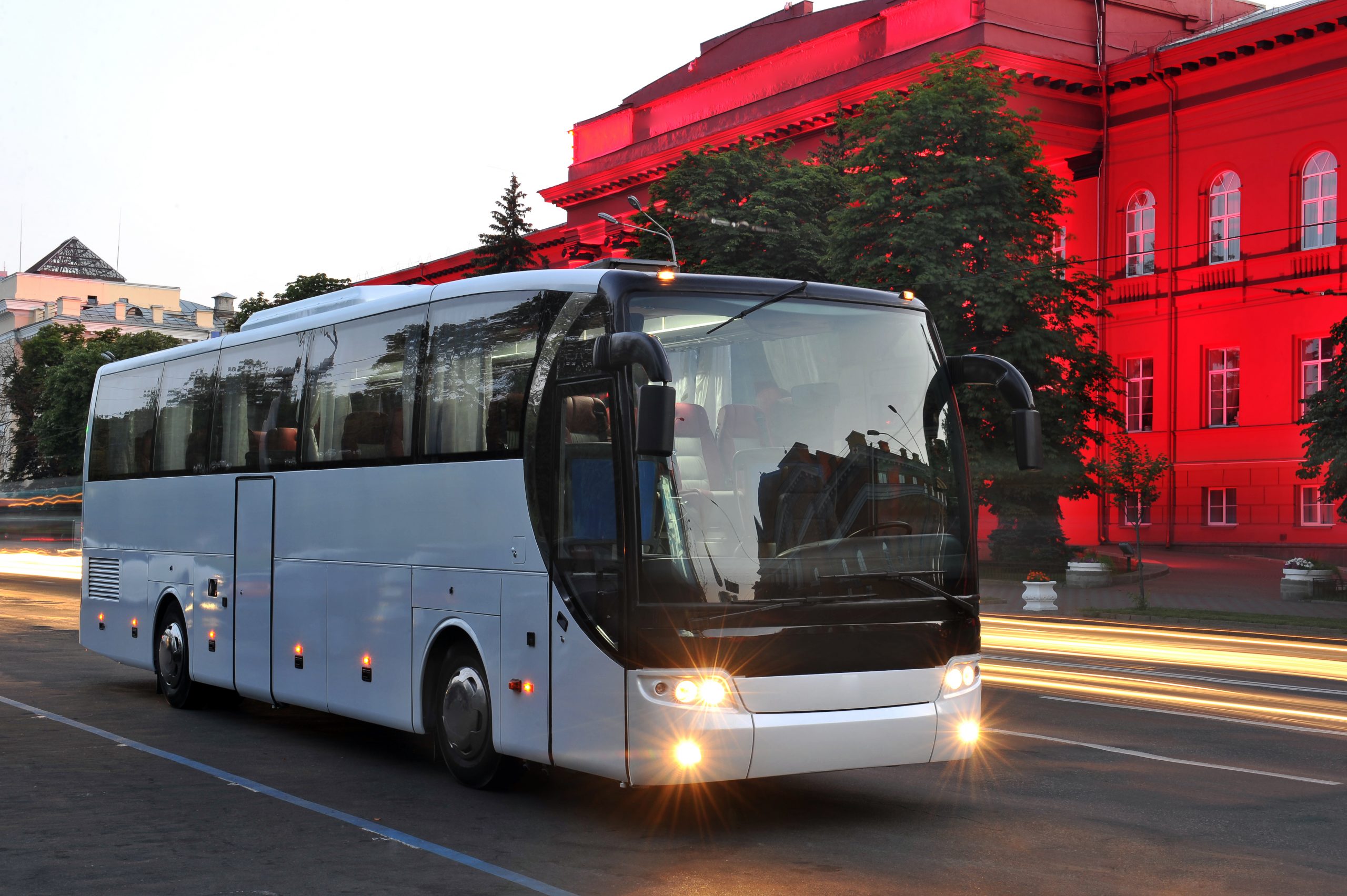In the event that the transition period comes to an end without some form of agreement, be that a Free Trade Agreement (FTA) or a web of bilateral agreements, then the UK will be joining the Interbus Agreement as an independent state. The Interbus Agreement will be the only mechanism by which coach and bus operators based in the UK can run international services to EU Member States. However, it is worth at this stage mentioning that the EU have offered and outlined some “No Deal” contingency measures (in the link below), which delay the impact of the UK’s exit on passenger vehicle operators for 6 months.
Proposed contingency measures – click here
We will not, however, fully understand the finer details of these contingency measures until we have been able to see the EU Regulation that implements the recommendations. These measures are also dependent on the UK granting to EU operators the same concessions.
If/when the UK falls back onto the Interbus Agreement for its access to the European passenger carrying market, it will only be permitted (under that treaty) to run occasional international services. Unfortunately, it does not permit for the running of regular services.
For the purposes of defining exactly what these two terms mean, “regular services” mean services which provide for the carriage of passengers according to a specified frequency and along specified routes, whereby passengers may be taken up or set down at predetermined stopping points. Meanwhile, “occasional international services” are services between two countries signed up to the Interbus Treaty that do not fall within the definition of regular services.
Generally, if you are running a service under this treaty, the driver in question, among other documents, will be required to have onboard an Interbus Waybill. In total, the driver will need to be carrying the top copy of this Waybill, a certified copy of their standard international operator’s licence and a copy of the logbook (V5C) for the vehicle in question. Interbus Waybills can be purchased from the Confederation of Passenger Transport (CPT). These are only the documents that will be most likely required from an operator licensing perspective. Additional documentation will be needed to evidence insurance, driving qualifications, etc.
There are some select international services which will be required to follow a different authorisation process under the Interbus Agreement, these being services called “non-liberalised” transport. Please seek specific legal advice if you are unsure whether your service needs such authorisation.
For further advice on passenger travel after Brexit, please contact our Regulatory Department at 01254 828 300 or at regulatory@backhouses.co.uk


